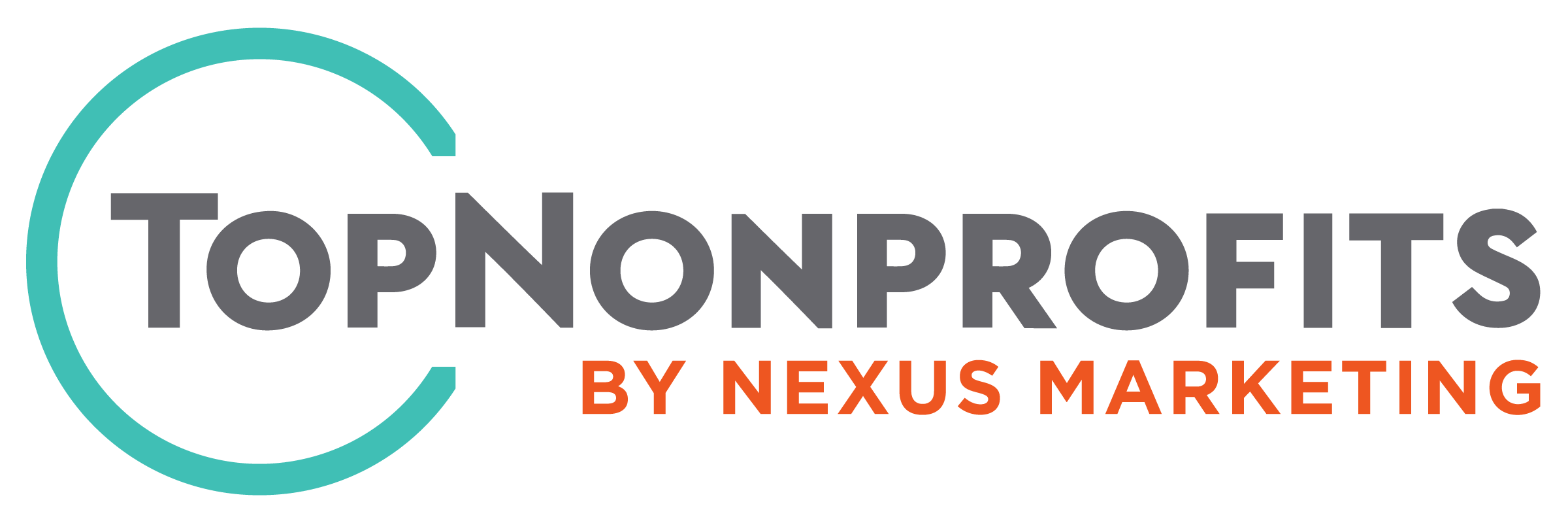Smart fundraisers are getting better at planning for uncertainty. Just when we thought we were out of the woods, new strains and variants of the COVID virus have sent many fundraisers scrambling, again. Rather than waiting for things to ‘return to normal,’ be prepared to pivot.
A good fundraising plan should start with an analysis of development activities, either a formal audit or an informal survey of the current state of your program. What are the strengths you should take advantage of, how can you improve areas of weakness, and where are the opportunities for future growth? Creating a fundraising plan based on the information gained through an audit will bring needed focus and prioritization, prevent potential derailment of efforts, and provide the flexibility that will enable you to ‘pivot’ when external forces require it.
Giving USA 2021 data continues to show the importance of individual donors for fundraising success. With close to 80% of charitable gifts coming from individuals (including bequests), the best fundraisers are allocating 80% of their fundraising plan on strategies to identify, cultivate, solicit, and steward individual donors. One sure way to weather uncertainty is to focus fundraising efforts where there is the most opportunity. For nonprofits of all sizes and missions, building relationships with individual donors should be a priority to help ensure financial stability and long-term sustainability, regardless of what is happening in the world.
Where can you find those individual donors? How about your existing donor base? Start with those closest to your organization – your loyal donors, board, staff, volunteers, and potentially recipients of service. These are the individuals that are most committed to your mission, that will stand by you, no matter what. These are the donors most likely to continue or increase their giving during difficult times. Do you have strategies in your fundraising plan to intentionally ask them for their financial support? Are you asking them in a way that reflects their personal commitment to your mission? Have you asked them for a major gift, a multiple year pledge or even a planned gift? When they make a gift, are you thanking and recognizing them in a way that conveys their importance to your organization? We all know it costs less to retain an existing donor than to identify, cultivate, and solicit new ones. When faced with continuing uncertainty, your fundraising plan needs to incorporate strategies for retention and stewardship of your existing donors.
Perhaps the most important thing fundraisers can do to build resiliency into their fundraising programs is to foster an organization-wide culture of philanthropy where everyone understands and values their role in the fundraising process. Successful fundraising takes the commitment of the entire organization, not just the fundraising team. This is even more essential during challenging times. Engage your entire team – fundraising staff, board, development committee, volunteers, executive leadership, and program staff – in both the audit and planning process to create a sense of ownership. Build accountability into the fundraising plan so that when uncertainty arises, the entire organization is ready to respond and adapt.
There is no denying that external factors – whether it be a pandemic, natural disaster, economic or political upheaval – can have a very significant impact on your ability to raise money. If your organization takes the time to analyze and understand strengths and weaknesses and be strategic rather than reactive in fundraising strategies, you will be ready to weather the unexpected while still improving your fundraising results.

About the author:
Maureen Mahoney Hill, CFRE
Maureen Mahoney Hill, CFRE, is principal of Advancement Advisors, a full-service consulting and coaching firm focused on building fundraising capacity and sustainability in nonprofit organizations. A long-time CFRE, Maureen is also a Master Trainer with the Association of Fundraising Professionals and an active member of the Association of Philanthropic Counsel and the Pittsburgh Planned Giving Counsel.
Learn more about Advancement Advisors on their website: advancementadvisorsgroup.com
EXPLORE OUR NONPROFIT RESOURCES
Sign up for a webinar, tune into a podcast, take a course, or access a guide on a vast array of topics including fundraising, board governance, marketing and communications, and much more!
We are renowned for our top-nonprofit lists including the best logos, websites, and degree programs. We also have an ever-expanding blog full of valuable information to help your not-for-profit org reach its potential.
